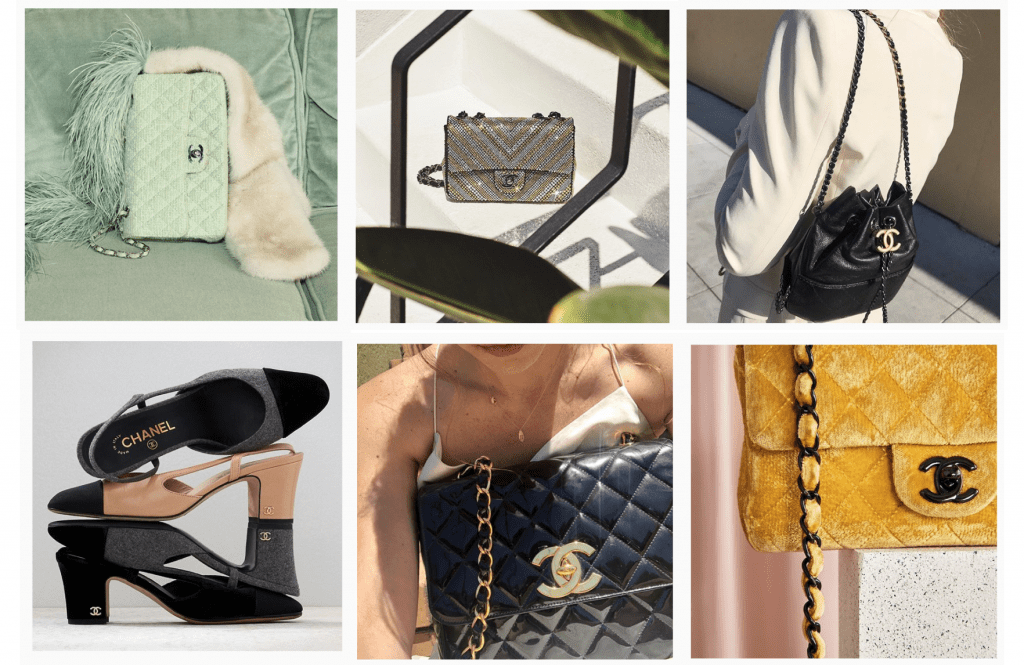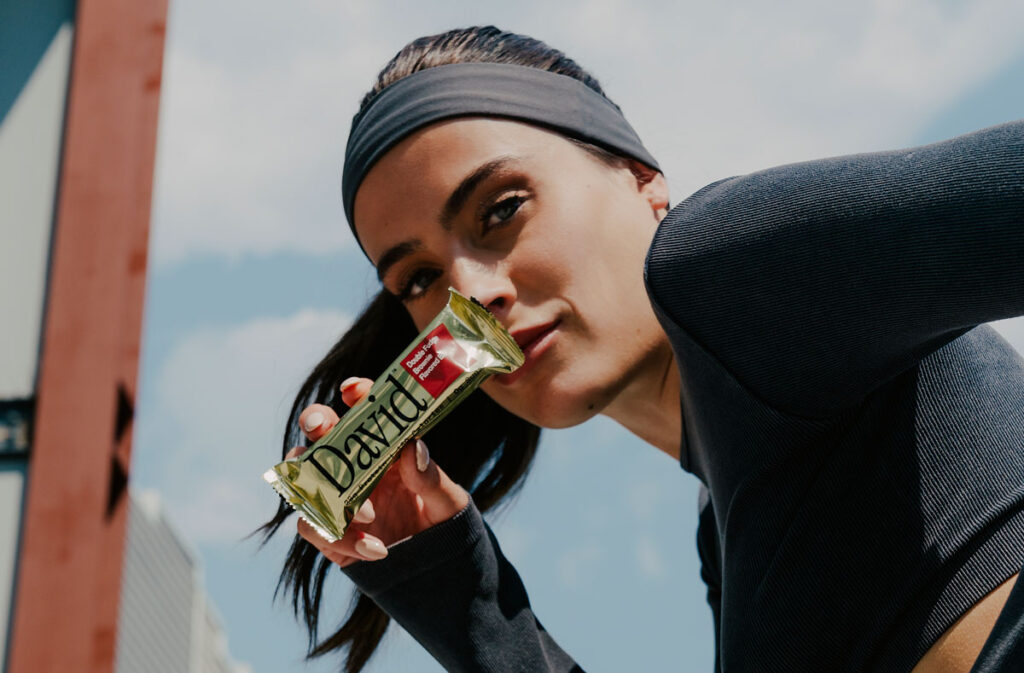THE FASHION LAW EXCLUSIVE — In November, Chanel’s legal team followed up on concerns that they had about The RealReal by filing a lawsuit. To be exact, counsel for the 110-year Paris-based design house filed suit against the barely 8-year old luxury resale site, calling “Fake!” But more than merely asserting that The RealReal had sold “at least 7” counterfeit CHANEL handbags that were “vastly inferior and materially different from genuine Chanel products,” Chanel argued that at the core of the wildly popular e-commerce site’s model are federal trademark and advertising law violations that must be stopped.
Now, 2 months after Chanel filed its strongly-worded lawsuit – which accuses The RealReal (“TRR”) of “attempt[ing] to deceive consumers into falsely believing that TRR has some kind of approval from or affiliation with Chanel or that all [of the] Chanel-branded goods [that it] sells are authentic” – TRR has filed its formal response. And it is just as biting as Chanel’s suit, from the allegations that Chanel refused to provide TRR with the information it requested about the allegedly fake bags and instead just filed suit to assertions that this is not a lawsuit of merit but instead a witch-hunt against unauthorized sellers of Chanel bags.
In a motion to dismiss filed this month, TRR asked the court to toss out all of Chanel’s claims, arguing that the brand has failed to make its case, which TRR characterizes as “an unfounded and anticompetitive attack on a business model [that Chanel] perceives as a threat—a secondary marketplace where consumers exercise their established right to consign, sell, and buy luxury items.”
TRR’s counsel asserts that in this case – which is a direct “response to TRR’s success in expanding the availability of the resale market to consumers” – Chanel is looking “to shut down the secondary market for Chanel goods by permanently preventing TRR from reselling its consignors’ products.” This stands in opposition to “settled law and consumer rights,” including the First Sale Doctrine, which gives consumers the right to resell products by maintaining that manufacturers cannot control the secondary sales of their products.
This lawsuit, per TRR, is little more than “an effort by Chanel to uproot this settled doctrine to the detriment of consumers, undermine consumer confidence in the secondary market, and stifle legitimate competition.”
As for Chanel’s first claim, that TRR is engaging in trademark infringement (which occurs when one party uses another’s trademark on competing goods without its authorization, thereby resulting in consumer confusion) and counterfeiting, TRR claims that Chanel has not made its case. There is not a likelihood that consumers will be confused as to whether TRR is affiliated with Chanel, per TRR, as it is using the Chanel trademark exclusively to describe the Chanel-branded products it is offering for sale, which is permissible under law as nominative fair use. TRR notes that unlike What Goes Around Comes Around, another reseller that Chanel is currently suing (as part of a larger fight against the resale market, per TRR), it is not using Chanel’s trademarks “too prominently or too often, in terms of size, emphasis, or repetition.”
Moreover, TRR claims that consumers are not likely believe that its use of Chanel’s trademark and its guarantee that the products it sells are, in fact, authentic “suggests sponsorship [with] or endorsement [by] Chanel,” as TRR makes use of an “express disclaimer of any affiliation with the brands of its products, and TRR warrants only that the products it resells have been authenticated through its own internal, proprietary process—and, as TRR expressly states, not by the brand.”
As for its alleged sale of counterfeits, TRR is sure to point out that in “the rare instance” that it suspects that a consumer has sent in a counterfeit for consignment, “a possibility that exists in any secondary market, including for renowned appraisers,” TRR “attempts to verify the authenticity of the item” and if it “determines [an item] to be counterfeit, it is not returned to the consignor but, rather, is destroyed.”
Chanel’s claim that TRR is engaging in false advertising – i.e., that TRR’s representations about the authenticity of the products it sells and its authentication process “must be false and misleading because ‘[o]nly Chanel itself can know what is genuine Chanel’” – is also “fatally deficient,” per TRR.
TRR’s counsel asserts that Chanel’s “nonsensical” assertion that “no reseller may describe a Chanel product as authentic because ‘[o]nly Chanel itself can know what is genuine Chanel,’ would make it impossible for all secondary dealers to do business.” It continues on to declare, “Under that standard, there could be no secondary market, as no auction house or consignment store could authenticate the products it sells, regardless of their expertise. As trademark law makes clear, Chanel is not entitled to a monopoly over the resale of its goods.”
Still yet, in addition to shooting down Chanel’s claim that TRR has acted in “bad faith,” and has run afoul of common-law unfair competition and statutory unfair competition and false advertising laws, TRR claims that Chanel has failed to allege “specific and substantial public injury” as a result of TRR’s behavior. Instead, TRR argues that while “Chanel pleads in the most conclusory fashion that TRR’s conduct ‘harm[s] the public,’ it is clear that Chanel’s real concern is not with public injury but rather with lawful competition from its customers’ sale of their used goods at lower prices in the secondary market.”
TRR points out that “Chanel alleges [that] TRR’s conduct ‘is causing immediate and irreparable injury to Chanel, both by direct diversion of sales and by harming the CHANEL trademarks and Chanel’s goodwill and reputation.’” In other words, this is not about shielding consumers from fakes; its about Chanel maintaining its control over the positioning of its brand and the sale of its products. And thus, TRR argues, “Chanel does not and cannot allege harm to the public caused by consumers’ participation in the legitimate secondary market, let alone a public harm.”
With all of this in mind, TRR argues that “Chanel’s anti-consumer efforts must be rejected” and its case dismissed.
* The case is Chanel, Inc., v. The RealReal, Inc., 1:18-cv-10626-VSB (SDNY).














